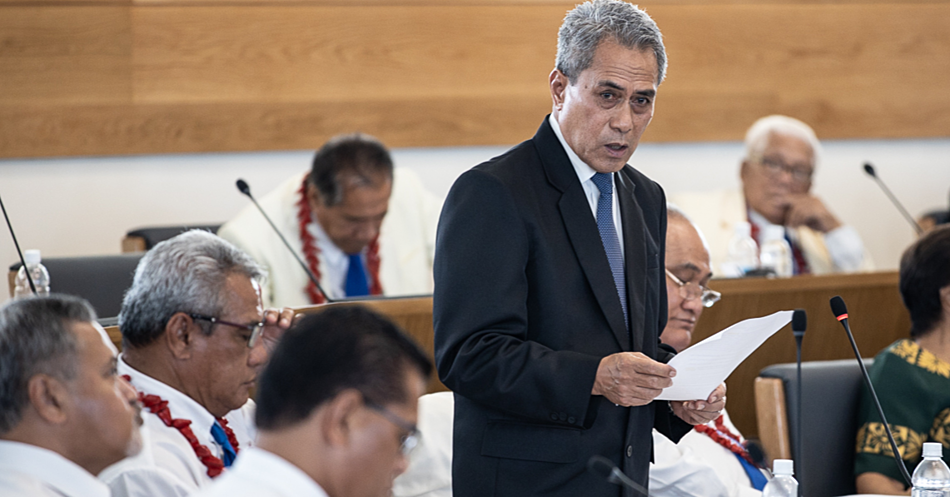Nation awakes to time change confusion
 By James Robertson
•
26 September 2021, 12:00AM
By James Robertson
•
26 September 2021, 12:00AM
The sudden dumping of Daylight Savings Time by the Government last week left much of the nation waking up in confusion on Sunday as their phones and other devices automatically updated to show the wrong time.
At the time of writing mobile phones and other cellular-enabled devices and computers were displaying the time as 10 am when, in fact, under the new policy it was 9 am.
Many Samoans who rely upon their phones as alarm clocks were awoken or arrived at church early because of the automatic update to their mobile devices.
Representatives from both mobile phone companies and the Ministry of Commerce Industry and Labour (M.C.I.L.) have been contacted about the issue.
An employee at Digicel's customer call centre, who declined to provide their name, said that the issue had been caused by the Government failing to give the mobile company adequate notice of the new policy.
But M.C.I.L. on Monday issued a public notice confirming the time-change policy would not apply this year after a decision taken by Cabinet last week.
“There will be no activation of the daylight saving time policy,” the notice stated.
“The public and businesses are therefore advised to continue to follow the normal time as currently in force.”
The Chief Executive Officers of Digicel and Vodafone Samoa have been contacted with questions about whether the companies responded to the Government's Monday announcement.
The decision taken by the Cabinet to not activate daylight savings time this year was apparently made earlier this month.
Implemented by the former Government 11 years ago the time change that was to have been activated today would have required Samoans to turn their clocks forward by one hour today.
Since its introduction, the benefits of the policy have been the source of much contention.
The former Government brought in the time change with the intention that people were to be given more time after work to tend to their plantations. It was also designed to promote public health, save on fuel consumption and boost leisure activities.
But in the past the policy had been criticised for its apparent failure to promote economic growth or improve anything other than leisure time, which gave rise to recommendations that the time change should be reviewed.
 By James Robertson
•
26 September 2021, 12:00AM
By James Robertson
•
26 September 2021, 12:00AM










